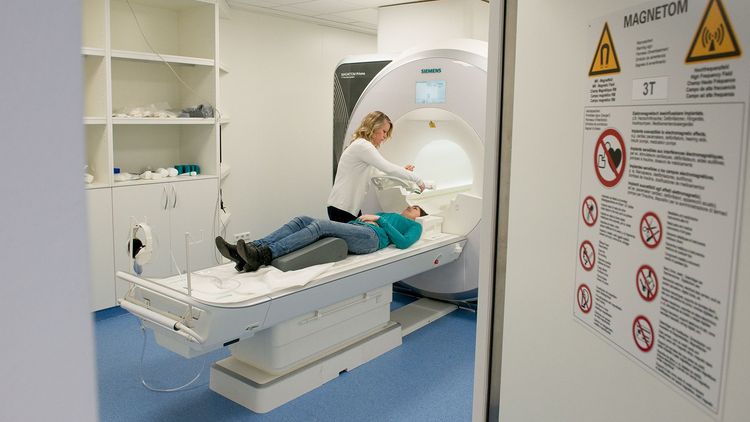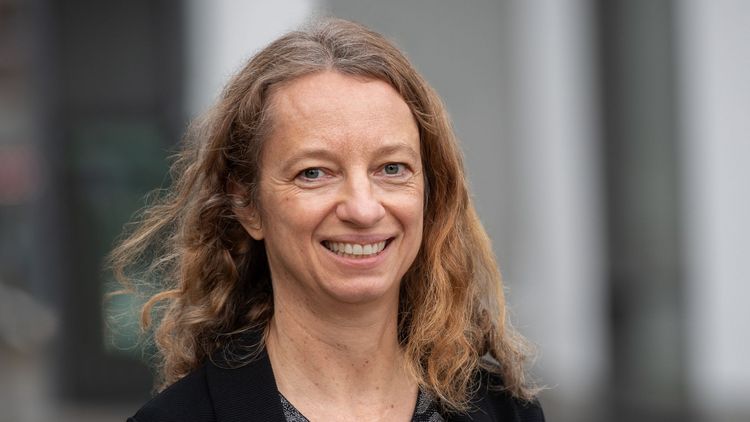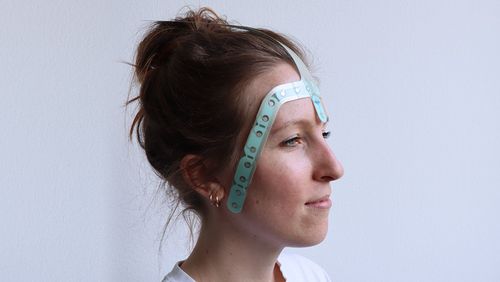How can brain stimulation, for example through electric current or medication, help people with neurological diseases? This question is at the centre of a new research group in psychology funded by the German Research Foundation.
Brain stimulation can help people with neurological diseases to move, remember or speak better again. Researchers in the new Research Training Group "Neuromodulation of motor and cognitive function in brain health and disease" want to find out exactly what happens when the brain is stimulated electrically, magnetically or pharmacologically, for example. They will also investigate what changes in patients’ everyday life such treatment methods actually lead to.
The German Research Foundation (DFG) will fund the training group in the Department of Psychology at the School of Medicine and Health Sciences for a period of five years; the requested amount is 6.5 million euros. The funding will enable 13 doctoral students to conduct research in this area. They will be guided by eleven scientists from the University of Oldenburg and one scientist from the University of Cologne.
"It is important to us to use the programme and our excellent research infrastructure to support young scientists who will advance both research and modern patient care in the field of neurorehabilitation," says the university’s president Prof. Dr Ralph Bruder.
"The increasing life expectancy of people is leading to a steady rise in neurological diseases such as strokes or Parkinson's disease," explains Prof. Dr Christiane Thiel, Head of the Biological Psychology Lab. Although treatment options have improved in recent decades, there is a need for additional treatment methods to spare those affected health restrictions for as long as possible. Brain stimulation offers a promising approach here, says Thiel.
She will head the new research training group together with neuropsychologist Dr Cornelia Kranczioch. The researchers will focus on the question of how and why different methods of brain stimulation could be successful in neurological diseases. They will work with state-of-the-art equipment such as magnetic resonance imaging (MRI), magnetoencephalography and electroencephalography.
Research Training Groups promote young scientists at universities. The DFG's goal is to qualify doctoral students, support their scientific independence and prepare them for the complex job market of "science".






